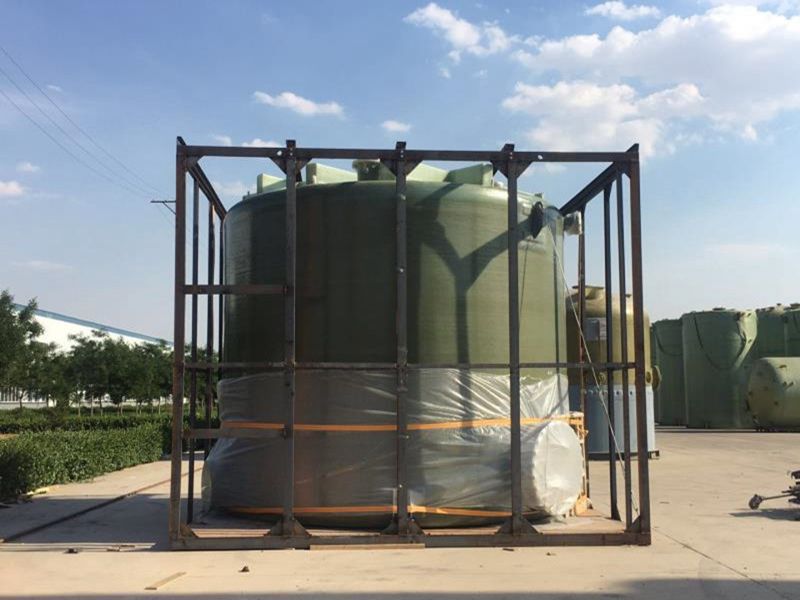
-
 Afrikaans
Afrikaans -
 Albanian
Albanian -
 Amharic
Amharic -
 Arabic
Arabic -
 Armenian
Armenian -
 Azerbaijani
Azerbaijani -
 Basque
Basque -
 Belarusian
Belarusian -
 Bengali
Bengali -
 Bosnian
Bosnian -
 Bulgarian
Bulgarian -
 Catalan
Catalan -
 Cebuano
Cebuano -
 China
China -
 China (Taiwan)
China (Taiwan) -
 Corsican
Corsican -
 Croatian
Croatian -
 Czech
Czech -
 Danish
Danish -
 Dutch
Dutch -
 English
English -
 Esperanto
Esperanto -
 Estonian
Estonian -
 Finnish
Finnish -
 French
French -
 Frisian
Frisian -
 Galician
Galician -
 Georgian
Georgian -
 German
German -
 Greek
Greek -
 Gujarati
Gujarati -
 Haitian Creole
Haitian Creole -
 hausa
hausa -
 hawaiian
hawaiian -
 Hebrew
Hebrew -
 Hindi
Hindi -
 Miao
Miao -
 Hungarian
Hungarian -
 Icelandic
Icelandic -
 igbo
igbo -
 Indonesian
Indonesian -
 irish
irish -
 Italian
Italian -
 Japanese
Japanese -
 Javanese
Javanese -
 Kannada
Kannada -
 kazakh
kazakh -
 Khmer
Khmer -
 Rwandese
Rwandese -
 Korean
Korean -
 Kurdish
Kurdish -
 Kyrgyz
Kyrgyz -
 Lao
Lao -
 Latin
Latin -
 Latvian
Latvian -
 Lithuanian
Lithuanian -
 Luxembourgish
Luxembourgish -
 Macedonian
Macedonian -
 Malgashi
Malgashi -
 Malay
Malay -
 Malayalam
Malayalam -
 Maltese
Maltese -
 Maori
Maori -
 Marathi
Marathi -
 Mongolian
Mongolian -
 Myanmar
Myanmar -
 Nepali
Nepali -
 Norwegian
Norwegian -
 Norwegian
Norwegian -
 Occitan
Occitan -
 Pashto
Pashto -
 Persian
Persian -
 Polish
Polish -
 Portuguese
Portuguese -
 Punjabi
Punjabi -
 Romanian
Romanian -
 Russian
Russian -
 Samoan
Samoan -
 Scottish Gaelic
Scottish Gaelic -
 Serbian
Serbian -
 Sesotho
Sesotho -
 Shona
Shona -
 Sindhi
Sindhi -
 Sinhala
Sinhala -
 Slovak
Slovak -
 Slovenian
Slovenian -
 Somali
Somali -
 Spanish
Spanish -
 Sundanese
Sundanese -
 Swahili
Swahili -
 Swedish
Swedish -
 Tagalog
Tagalog -
 Tajik
Tajik -
 Tamil
Tamil -
 Tatar
Tatar -
 Telugu
Telugu -
 Thai
Thai -
 Turkish
Turkish -
 Turkmen
Turkmen -
 Ukrainian
Ukrainian -
 Urdu
Urdu -
 Uighur
Uighur -
 Uzbek
Uzbek -
 Vietnamese
Vietnamese -
 Welsh
Welsh -
 Bantu
Bantu -
 Yiddish
Yiddish -
 Yoruba
Yoruba -
 Zulu
Zulu
fiberglass vessels and tanks
Fiberglass Vessels and Tanks A Modern Solution for Durability and Versatility
In the realm of industrial and recreational applications, fiberglass has emerged as a highly favored material, particularly in the construction of vessels and tanks. Its unique properties—such as corrosion resistance, lightweight design, and high strength—render fiberglass an ideal choice for a variety of uses, ranging from marine vessels to storage tanks in chemical and agricultural sectors.
The Composition of Fiberglass
Fiberglass, also known as glass-reinforced plastic (GRP), is composed of glass fibers embedded within a resin matrix. The glass fibers provide tensile strength, while the resin contributes to the material's structural integrity and resistance to environmental factors. This combination results in a lightweight yet robust composite material capable of withstanding adverse conditions.
Applications in Marine Vessels
One of the most prominent applications of fiberglass is in the manufacturing of marine vessels. Sailboats, yachts, and fishing boats are often constructed with fiberglass due to its excellent resistance to saltwater corrosion, which is a significant advantage over traditional materials such as wood or metal. Boats made of fiberglass can also be molded into complex shapes, offering designers greater flexibility in their creations.
Moreover, fiberglass vessels require less maintenance than their wooden counterparts, which are prone to rot and require regular varnishing. The smooth surface of fiberglass also contributes to higher efficiency in watercraft; they experience less drag in the water, leading to better fuel economy and improved performance.
Fiberglass Tanks A Practical Choice
Beyond marine applications, fiberglass is extensively used for making tanks that store a wide range of liquids, including water, chemicals, and fuels. The chemical resistance of fiberglass makes it particularly suitable for the storage of aggressive substances that would corrode metal tanks. For example, in industries such as wastewater treatment, agriculture, and the chemical sector, fiberglass tanks are often employed for their durability and reliability.
fiberglass vessels and tanks

Another advantage of fiberglass tanks is their ability to be customized in terms of size and shape, allowing facilities to maximize space and efficiency. Additionally, these tanks can be manufactured in a variety of colors and finishes, helping organizations to comply with aesthetic requirements or safety guidelines.
Sustainability and Environmental Considerations
As industries increasingly focus on sustainability, fiberglass offers an environmentally friendly option compared to other materials. Some manufacturers are now producing fiberglass from recycled raw materials, which helps minimize waste and reduce the carbon footprint associated with production. Furthermore, the longevity and durability of fiberglass vessels and tanks mean that they contribute less to landfill waste over time.
Challenges and Considerations
Despite its many advantages, the use of fiberglass is not without challenges. The manufacturing process requires precise control over resin curing and fiber orientation, demanding skilled labor and investment in technology. Additionally, while fiberglass itself is recyclable, the recycling processes are still developing, and actual recycling rates remain low.
Moreover, fiberglass can be vulnerable to UV degradation if not appropriately maintained or coated. As such, regular inspections and maintenance are essential to ensure the longevity and performance of fiberglass structures.
Conclusion
In conclusion, fiberglass vessels and tanks represent a modern solution that combines durability, versatility, and resistance to environmental factors. Whether in marine applications or industrial settings, fiberglass proves to be a reliable material that meets the demands of various industries. As technology advances and sustainability practices improve, it is likely that fiberglass will continue to gain traction and evolve, solidifying its place as a leading choice in vessel and tank manufacturing. With careful consideration of its properties and maintenance needs, fiberglass remains an innovative option for both current and future applications.









